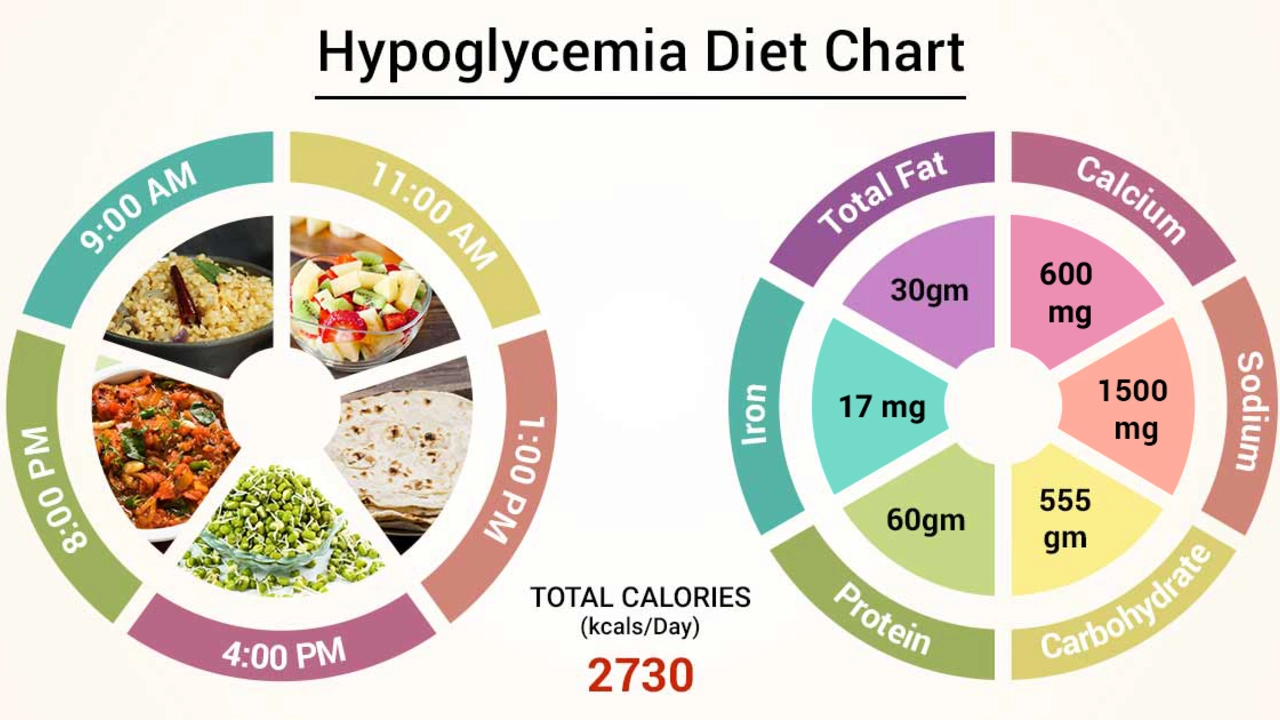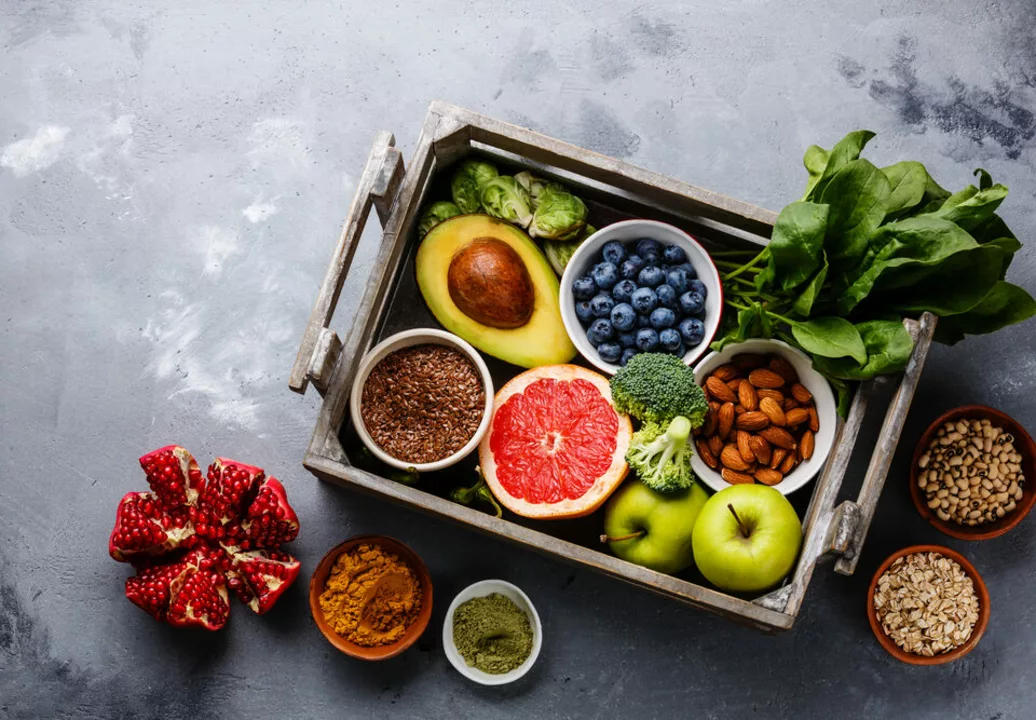Diet: Simple, Practical Rules for Weight, Gut Health, and Safe Supplements
Most quick fixes fail because they ignore basics: what you eat, when you eat, and how your body reacts. Start by making small, specific changes you can keep. Swap one sugary drink for water each day. Add a serving of vegetables to one meal. Keep protein at every meal — it keeps hunger steady and helps build or keep muscle.
Fiber matters. Aim for whole grains, beans, fruits, and vegetables. Fiber feeds good bacteria and eases digestion. If bloating is an issue, try lowering fermentable carbs for a week and slowly reintroduce them. Herbs like wild thyme can help with gas and digestion; oregano supplements offer antioxidants that support gut health. Use them as a short-term aid, not a replacement for real food.
Plan meals around balance, not restriction. A practical plate looks like this: half vegetables, a quarter lean protein, a quarter whole grain or starchy veg. Snacks should be protein or fiber rich — think Greek yogurt with berries or apple slices with peanut butter. Meal timing matters less than consistency, but avoid extreme fasting if it makes you overeat later.
When weight loss medicines come up, know they are tools, not cures. Drugs like semaglutide and newer alternatives can help, but they work best with a sensible diet and exercise. Talk to your doctor about risks, cost, and how a medicine fits your routine. If you buy medications or supplements online, use a licensed pharmacy and check reviews. Cheap can be risky.
Sleep and stress shape diet success. Poor sleep raises cravings for high-calorie food and lowers motivation. Natural sleep aids like valerian might help some people fall asleep, which in turn helps food choices. Manage stress with short walks, breathing, or cutting back on doom-scrolling at night.
Hydration is underrated. Drinking water before meals can reduce portion size, and staying hydrated keeps digestion moving. Limit sugary drinks and alcohol — both add calories without nutrition and can derail progress fast.
Track one number at a time. Instead of logging every calorie, try a 10-day protein challenge or a week of adding vegetables to every lunch. Small wins build momentum and make longer plans realistic.
If you have chronic conditions or take prescription drugs, check interactions. Some herb supplements can change how medications work. Tell your doctor about everything you take, including over-the-counter herbs.
Quick grocery list
Buy frozen vegetables, rolled oats, canned beans, plain yogurt, eggs, nuts, whole grain bread, chicken or tofu. Small staples make healthy meals easy and cheap.
Easy swaps
Swap white rice for cauliflower rice or brown rice. Trade chips for air-popped popcorn. Use Greek yogurt instead of sour cream. Choose whole fruit over juice. Small swaps cut calories and improve nutrients without drama. Start today with one swap. Be patient, change sticks. Keep going.

The Role of Diet in Preventing and Reducing Eye Swelling
In my recent blog post, I discussed the significant role that diet plays in preventing and reducing eye swelling. I found that consuming foods rich in vitamins A, C, and E, as well as omega-3 fatty acids, can help maintain good eye health. Also, staying hydrated by drinking plenty of water is essential, as dehydration can cause eye puffiness. Reducing salt intake is another crucial factor since excessive salt can lead to water retention around the eyes. Lastly, I emphasized the importance of eating a well-balanced diet to ensure our eyes receive the necessary nutrients to function optimally and stay healthy.
More Detail
Ashitaba: The Secret Superfood You Need to Add to Your Diet Today!
I recently discovered Ashitaba, a secret superfood that we all need to add to our diets today! This amazing plant, native to Japan, is packed with vitamins, minerals, and antioxidants, making it a powerhouse for our health. Not only does it help boost our immune system, but it also aids in digestion and supports healthy aging. Plus, it's incredibly versatile, so it's easy to incorporate into our daily meals. I can't wait to see the benefits of adding Ashitaba to my diet and I encourage you all to give it a try too!
More Detail